
Bekaa Valley: Lebanon's Fertile Gem
Nestled between the Lebanon and Anti-Lebanon mountain ranges, Bekaa Valley is a fertile plain that offers tourists a unique blend of history, culture, and natural beauty. This region has been a cradle of civilization for thousands of years, with ancient ruins, vineyards, and charming villages waiting to be explored. Bekaa Valley is home to some of Lebanon's most significant archaeological sites, including the ancient city of Baalbek. Known for its grand Roman temples, Baalbek is a UNESCO World Heritage site that draws history enthusiasts from around the globe. The valley's rich soil also supports a thriving wine industry, and visitors can enjoy tours and tastings at renowned wineries such as Chateau Ksara and Chateau Kefraya. Beyond its historical and culinary offerings, Bekaa Valley boasts stunning natural landscapes. The Litani River runs through the valley, providing opportunities for outdoor activities like hiking, bird watching, and picnicking. Whether you're interested in exploring ancient ruins, savoring local wines, or simply enjoying the serene countryside, Bekaa Valley is a destination that promises a memorable experience.
Local tips in Bekaa Valley
- Visit Baalbek early in the morning to avoid crowds and the midday heat.
- Wear comfortable walking shoes as the terrain around archaeological sites can be uneven.
- Plan a visit to local wineries for a unique taste of Lebanon's wine heritage.
- Bring a hat and sunscreen, especially during the summer months, as there is limited shade.
- Consider hiring a local guide to gain deeper insights into the history and culture of the valley.
Bekaa Valley: Lebanon's Fertile Gem
Nestled between the Lebanon and Anti-Lebanon mountain ranges, Bekaa Valley is a fertile plain that offers tourists a unique blend of history, culture, and natural beauty. This region has been a cradle of civilization for thousands of years, with ancient ruins, vineyards, and charming villages waiting to be explored. Bekaa Valley is home to some of Lebanon's most significant archaeological sites, including the ancient city of Baalbek. Known for its grand Roman temples, Baalbek is a UNESCO World Heritage site that draws history enthusiasts from around the globe. The valley's rich soil also supports a thriving wine industry, and visitors can enjoy tours and tastings at renowned wineries such as Chateau Ksara and Chateau Kefraya. Beyond its historical and culinary offerings, Bekaa Valley boasts stunning natural landscapes. The Litani River runs through the valley, providing opportunities for outdoor activities like hiking, bird watching, and picnicking. Whether you're interested in exploring ancient ruins, savoring local wines, or simply enjoying the serene countryside, Bekaa Valley is a destination that promises a memorable experience.
When is the best time to go to Bekaa Valley?
Iconic landmarks you can’t miss
Jeita Grotto
Explore Lebanon's natural crown jewel: a breathtaking subterranean world of stalactites, stalagmites, and underground rivers.
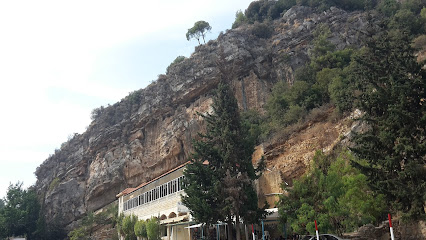
Baalbek Roman Ruins
Explore the Baalbek Roman Ruins, where ancient history meets stunning architecture in the heart of Lebanon's Beqaa Valley.
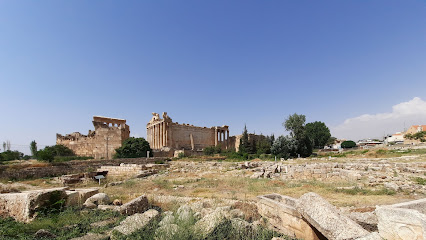
Cedars of God Bsharri
Discover the ancient Cedars of God in Lebanon: a UNESCO World Heritage Site, a symbol of resilience, and a testament to nature's enduring beauty.
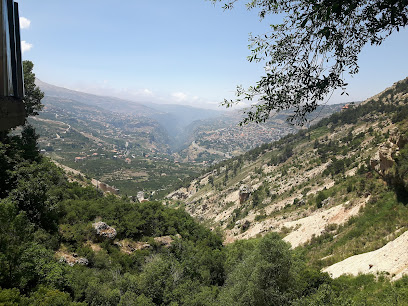
Beiteddine Palace
Discover Lebanon's architectural gem: a 19th-century palace with stunning courtyards, museums, and terraced gardens in the heart of the Chouf Mountains.
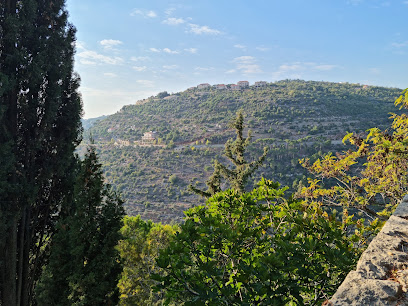
Umayyad City Ruins
Explore the Umayyad City Ruins in Aanjar, a UNESCO World Heritage Site showcasing Islamic architecture and history in Lebanon's Bekaa Valley.
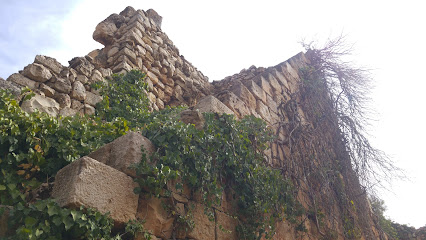
Lady Of Zahle
Discover the serene beauty of Our Lady of Zahle, a spiritual sanctuary with panoramic views of the Bekaa Valley and rich Lebanese heritage.
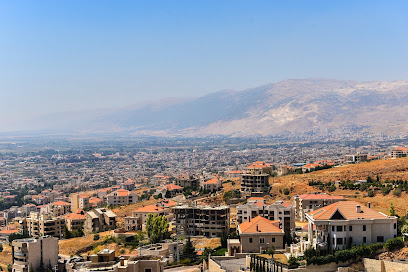
Anjar Citadel
Discover Anjar Citadel, a UNESCO site in Lebanon's Beqaa Valley, revealing the unique 8th-century Umayyad civilization and architecture.
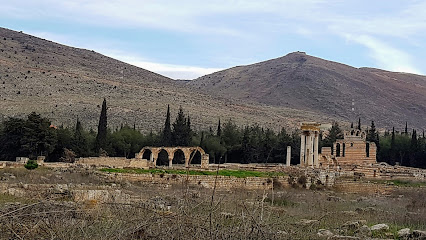
Grand Kadri Hotel By Cristal Lebanon
Experience luxury and history at the Grand Kadri Hotel in Zahlé, Lebanon, with stunning views, fine dining, and modern amenities.

Chateau Ksara
Discover Lebanon's winemaking heritage at Chateau Ksara, the country's oldest winery, with Roman caves and award-winning wines.
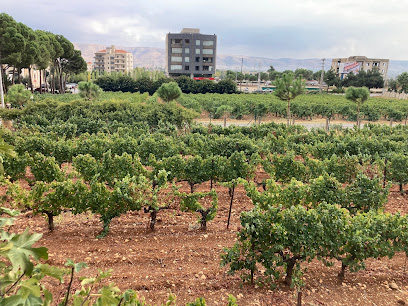
Tallet Abou Zeid
Experience authentic Lebanese cuisine with breathtaking views at Tallet Abou Zeid in Zahlé, a culinary gem in the heart of the Bekaa Valley.
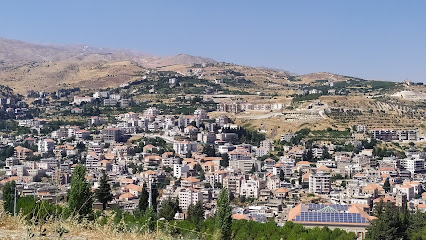
Temple of Bacchus
Discover the awe-inspiring Temple of Bacchus, a masterpiece of Roman architecture and a UNESCO World Heritage site in Baalbek, Lebanon.
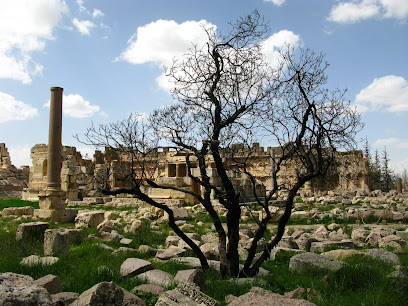
Serenity Resort
Experience tranquility at Serenity Resort in Zahlé: stunning views, diverse amenities, and a serene escape in the heart of the Bekaa Valley.
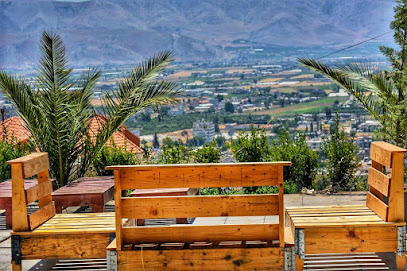
Westwood valley zahle
Escape to Westwood Valley Zahle: A serene mountain retreat with luxurious amenities and stunning views in the heart of Bekaa Valley.
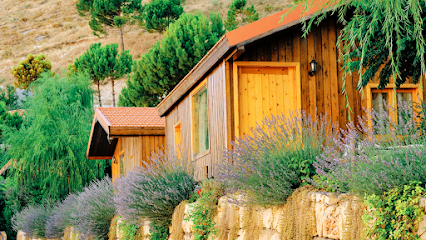
Massaya Lebanese Winery Faqra Lebanon
Experience Lebanese winemaking at Massaya Winery in Faqra, with tours, tastings, and stunning mountain views near ancient Roman ruins.
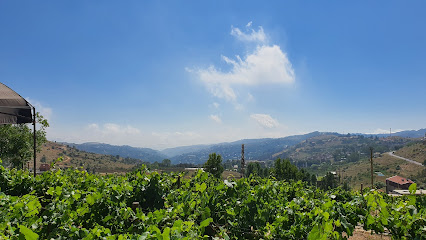
Al Haush
Experience authentic Lebanese farm life at Al Haush in the Bekaa Valley: a serene escape with farm-to-table cuisine and cultural charm.
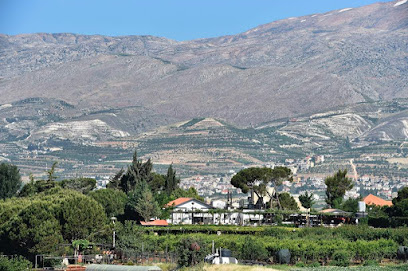
Unmissable attractions to see
Ras El Ein Park
Explore Ras El Ein Park in Baalbek, Lebanon, the largest public park offering lush greenery, tranquility, and community spirit amid historical wonders.
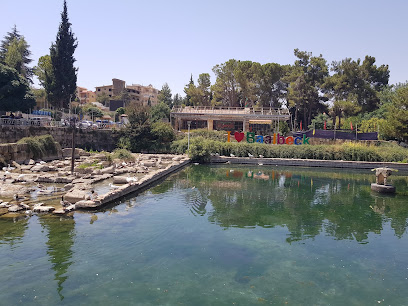
Park Joseph Tohme Skaff
Discover the serene beauty of Park Joseph Tohme Skaff in Zahlé, Lebanon, a perfect escape for families and nature enthusiasts.
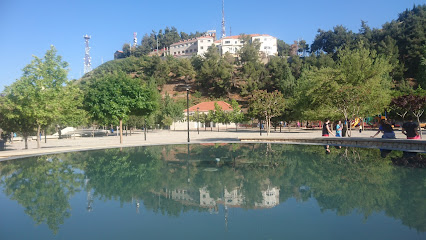
بعلبك لبنان
Discover Baalbek, Lebanon: Home to magnificent Roman temples and a rich tapestry of history waiting to be explored.
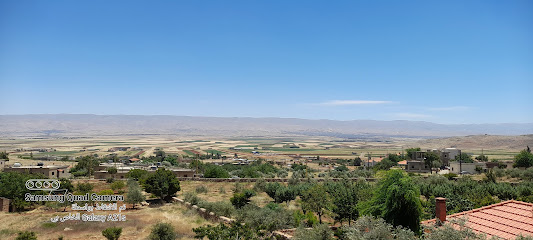
ProX Riding Club
Experience the thrill of adventure at ProX Riding Club in Kfardebian, Lebanon. Explore the stunning landscapes on ATVs and snowmobiles.
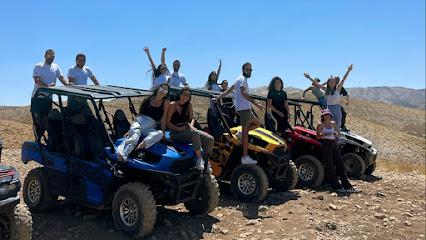
Domaine des Tourelles
Experience the essence of Lebanese wine culture at Domaine des Tourelles, a must-visit winery in the stunning Bekaa Valley offering tours, tastings, and breathtaking views.
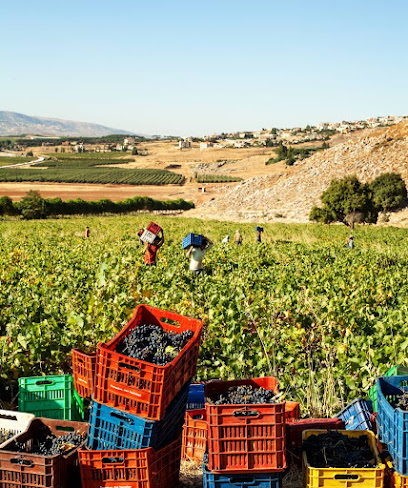
Al Rifai
Discover tranquility at Al Rifai Park in Baalbek, a hidden gem for relaxation amidst nature's beauty while exploring the historic wonders of Lebanon.
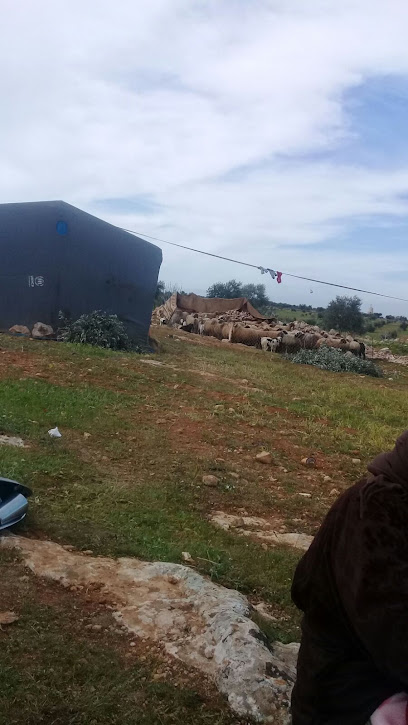
Old Train Station park
Explore the Old Train Station Park in Saadnayel, where history and nature come together for a unique tourist experience.
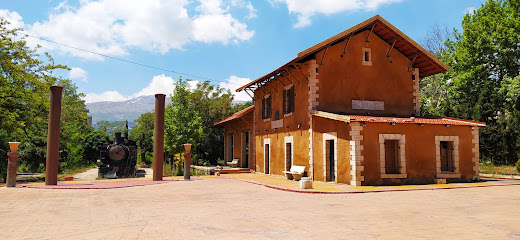
Lamartine Valley Falougha
Explore Lamartine Valley in Falougha, a serene tourist attraction showcasing nature’s beauty with breathtaking views and picturesque hiking trails.
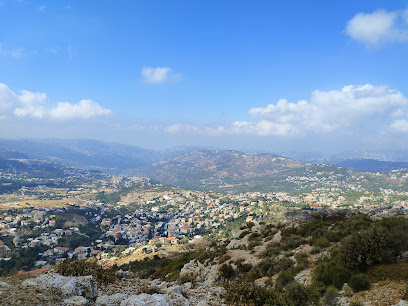
Al Habli World Biggest Stone
Experience the grandeur of the world's largest stone at Al Habli in Ain Bourday, Lebanon—a must-visit natural wonder for all travelers.
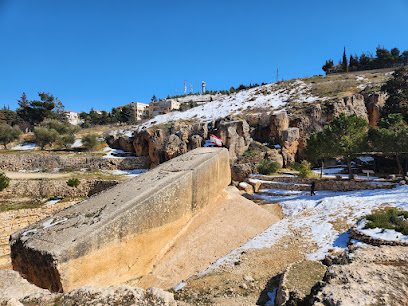
النبي شيت
Explore the serene beauty and rich culture of Nabi Chit, a hidden gem in Lebanon perfect for nature lovers and cultural enthusiasts.
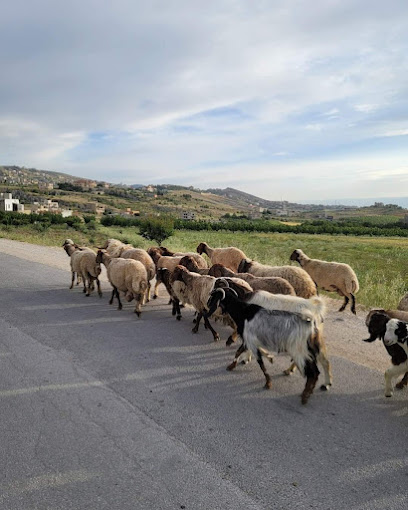
Deir Taanyal Lake
Experience the tranquility of Deir Taanyal Lake, a serene park in Lebanon's Taanayel region, perfect for nature lovers and peaceful retreats.
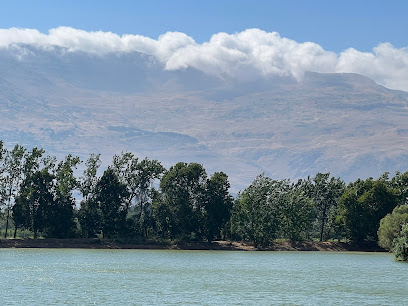
MARDINI PARK منتزه مارديني
Explore the lush landscapes and tranquility of Mardini Park in Baalbek, a perfect haven for relaxation and natural beauty.

Ahmad Sleem Park
Explore the serene beauty of Ahmad Sleem Park in Douris, Lebanon - a perfect retreat for nature lovers and families alike.
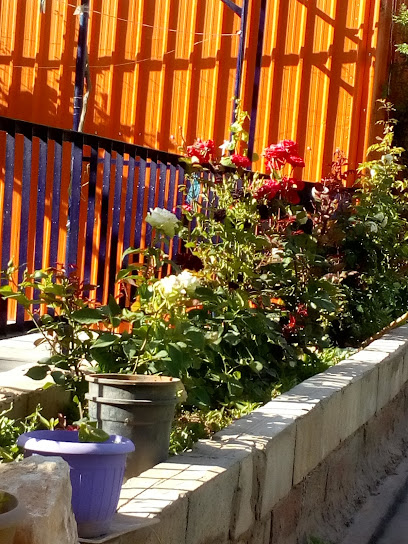
Baloue Majdal Tarshish
Explore the enchanting beauty of Baloue Majdal Tarshish, a hidden Lebanese gem offering breathtaking landscapes and rich cultural experiences.
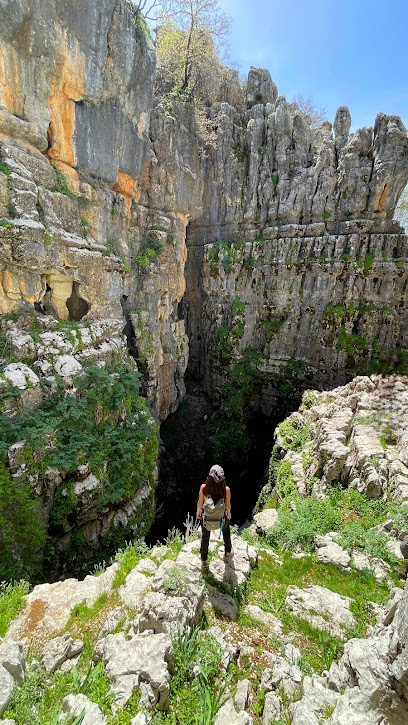
KANSO FARM
Explore Kanso Farm, a serene garden in Douris, offering lush landscapes and a peaceful escape for nature enthusiasts and travelers alike.
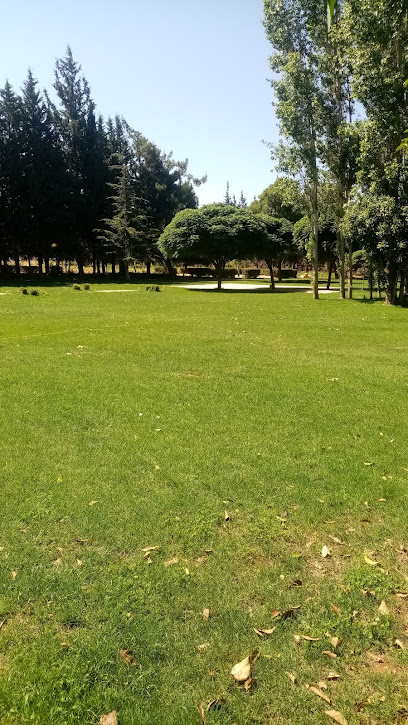
Essential places to dine
Lakkis Farm - Baalbeck
Experience authentic Lebanese cuisine amidst breathtaking landscapes at Lakkis Farm in Baalbeck.
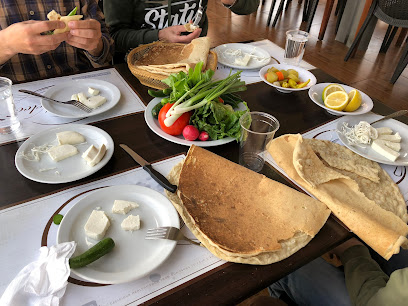
Pain Et Vin
Discover the culinary treasures of Lebanon at Pain Et Vin in Zahlé, where local flavors meet exquisite dining.
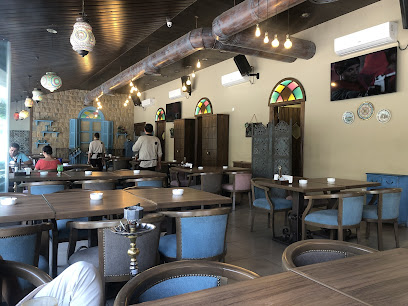
Domaine المعقر
Experience the authentic taste of Lebanon at Domaine المعقر in Hazerta – where culinary tradition meets exceptional service.
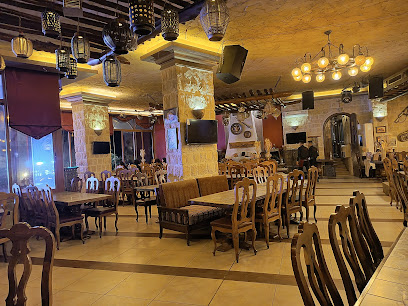
مشاوي الرضا
Savor authentic Middle Eastern flavors at مشاوي الرضا, where every dish tells a story of Lebanese culinary tradition.
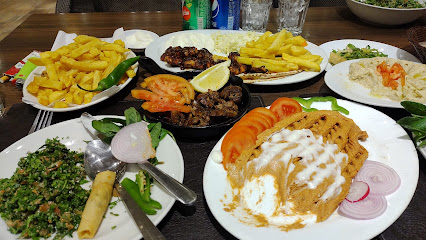
Al Ajami Restaurant مطعم العجمي
Experience authentic Lebanese cuisine at Al Ajami Restaurant in Baalbek – where tradition meets flavor in every dish.
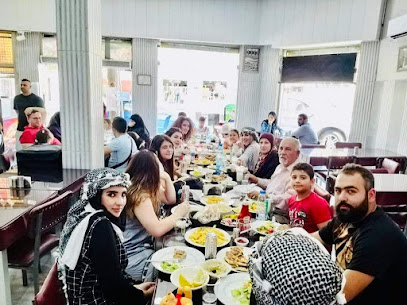
Lakkis Garden
Experience authentic Lebanese flavors at Lakkis Garden in Douris—home to the best Sfeha and warm hospitality.
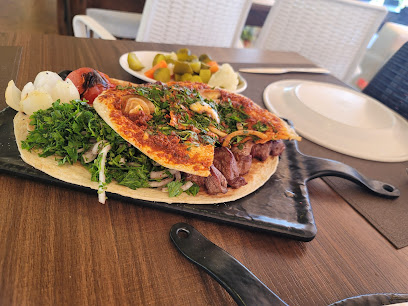
Baalbeck Community Farm ( LOST )
Explore Baalbeck Community Farm: A Family-Friendly Retreat Embracing Nature's Bounty in the Heart of Lebanon.
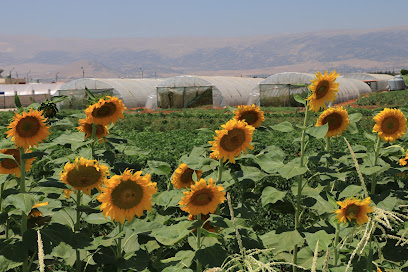
سندباد ABC
Discover authentic Lebanese flavors at Sundbad ABC in Baalbek - where tradition meets culinary excellence.
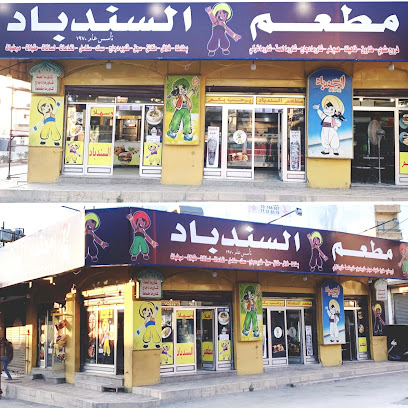
The Bruvs
Experience authentic Lebanese cuisine at The Bruvs in Baalback—where tradition meets modernity in every dish.
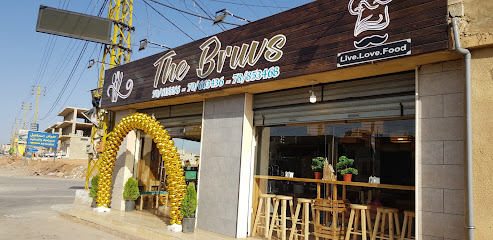
Baytna Restaurant and Cafe
Discover Mediterranean culinary delights at Baytna Restaurant and Cafe in Baalbeck, where health meets flavor in a vibrant atmosphere.
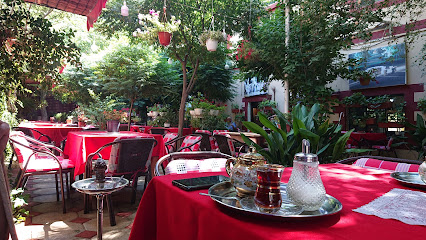
Al Mnini
Experience authentic Lebanese flavors at Al Mnini in Douris - where every dish tells a story.
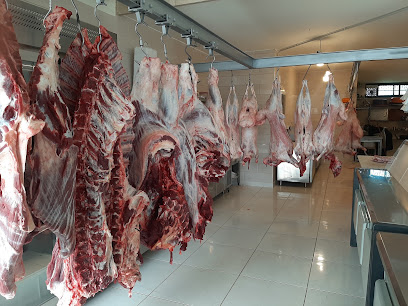
مطعم الأصيل
Experience authentic Middle Eastern cuisine at مطعم الأصيل in Baalbek – a culinary gem where flavors come alive.

Bel baalbaki/ بِ لبعلبكي
Experience the authentic taste of Lebanon at Bel Baalbaki in Baalback—where tradition meets flavor in every dish.
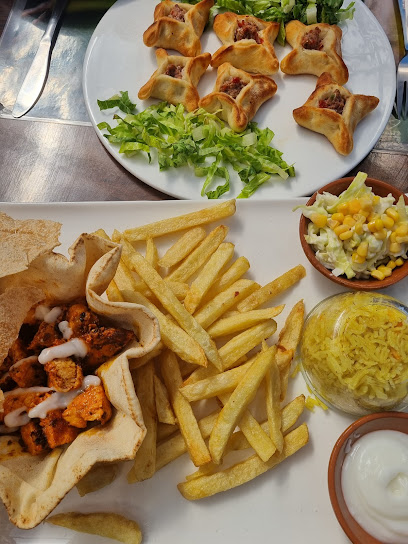
Restaurant Baroud
Experience authentic Lebanese breakfast delights at Restaurant Baroud in Baalbeck – where every dish tells a story.
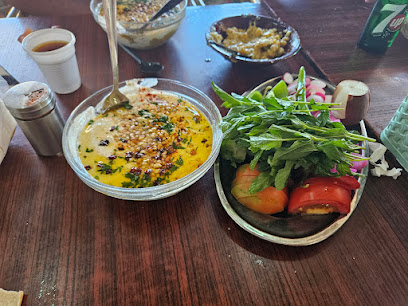
Al Amir
Experience authentic Lebanese cuisine at Al Amir in Baalbek – where tradition meets taste in a delightful dining atmosphere.
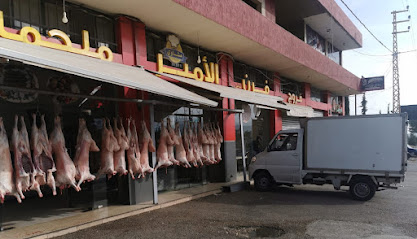
Markets, malls and hidden boutiques
Baalbek Roman Ruins
Discover the breathtaking Baalbek Roman Ruins, a UNESCO World Heritage site showcasing ancient Roman architecture and rich history.
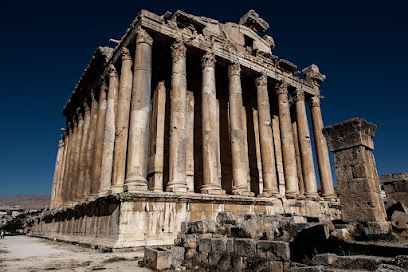
Cascada
Experience the heart of Taanayel at Cascada, a premier shopping mall blending modernity with local culture, perfect for all your shopping and dining needs.
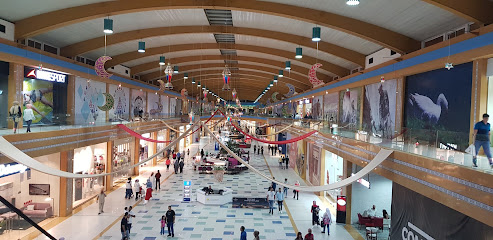
Pop Up Concepts Flagship
Explore the eclectic world of fashion and art at Pop Up Concepts Flagship in Beirut, where unique treasures await every visitor.
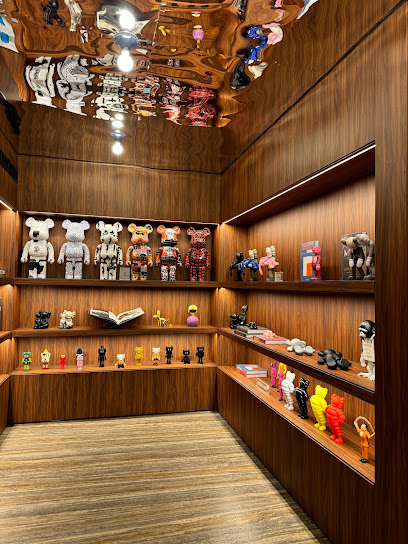
Al-Sirat Shopping
Explore a diverse shopping experience at Al-Sirat Shopping in Bekaa, where unique gifts and local products await every visitor.
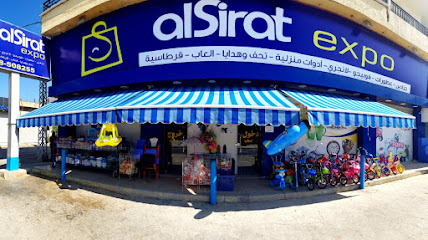
Kiwi Home Collection
Explore Kiwi Home Collection in Zahlé for unique home goods that reflect local craftsmanship and modern design, perfect for every traveler.
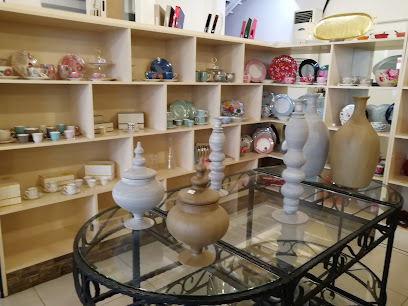
Wonderland online butik
Explore unique fashion and accessories at Wonderland Online Butik in Zahlé, a vibrant shopping destination that blends local charm with modern style.
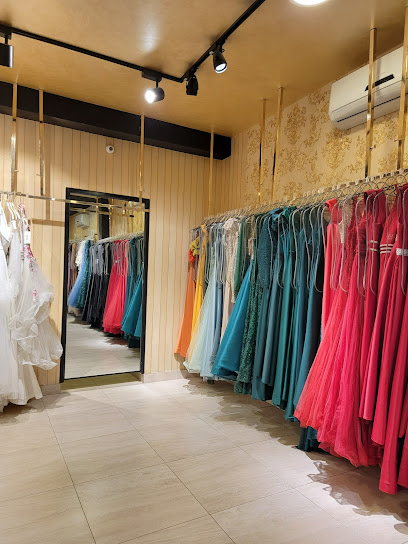
Shop and beyond
Explore 'Shop and Beyond', your go-to health and beauty shop for unique products and personalized services during your travels.
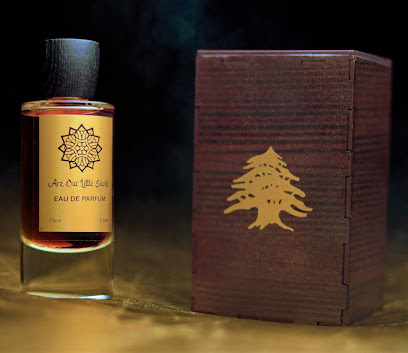
Khitan Accessories
Explore Khitan Accessories for exquisite handmade crafts, a celebration of local artistry and culture that makes your visit truly memorable.
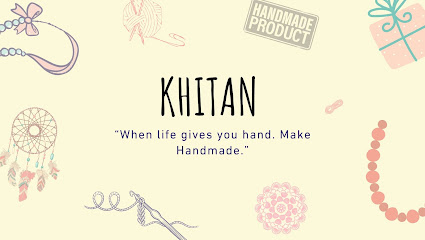
oddfish concept store
Explore the artistic treasures of Oddfish Concept Store in Beirut's vibrant port, where unique gifts and local craftsmanship await.
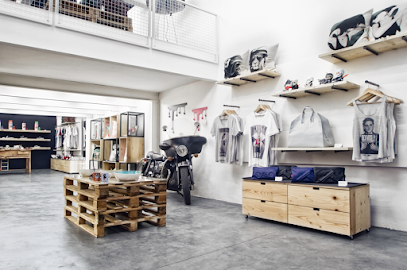
مطاحن القاصوف
Explore the authentic flavors of Lebanon at مطاحن القاصوف, a premier grocery store in Zahlé offering local delicacies and international products.
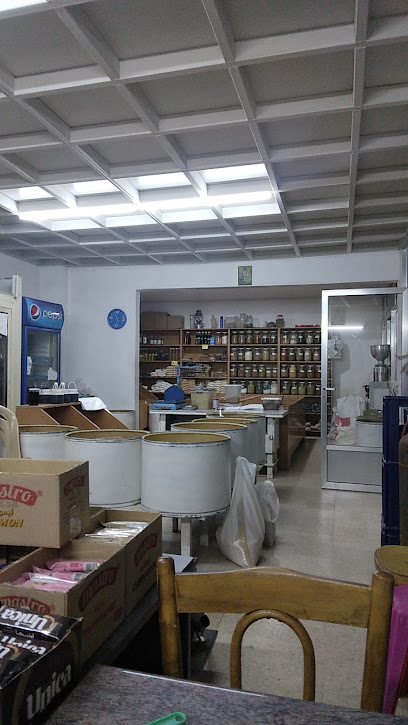
Antique Boulevard
Explore Antique Boulevard in Zahlé for unique antiques and rich Lebanese history, perfect for collectors and curious travelers alike.
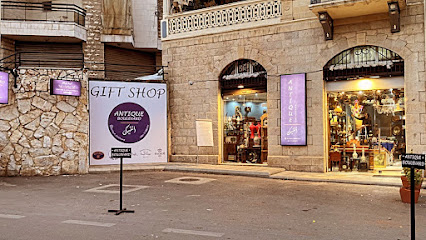
Leylak
Discover the essence of Lebanese craftsmanship at Leylak, your go-to gift shop in Ablah for unique treasures and local artistry.
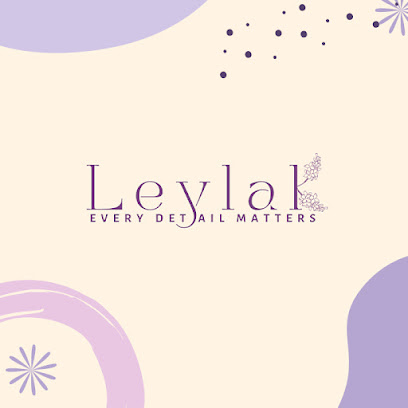
Magicgem accessories
Explore handmade jewelry and exquisite fashion accessories at Magicgem, where unique elegance meets exceptional customer service.
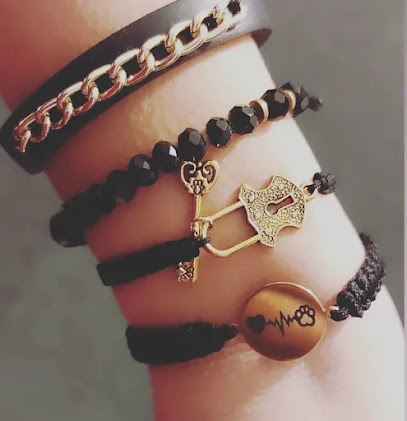
Choumouh شموع
Discover the exquisite taste of artisanal chocolates and unique souvenirs at Choumouh in Zahlé, a true delight for every visitor.

Akiki's Shop
Explore Akiki's Shop in Zahlé for an authentic Lebanese shopping experience, featuring unique souvenirs and local artisan crafts.
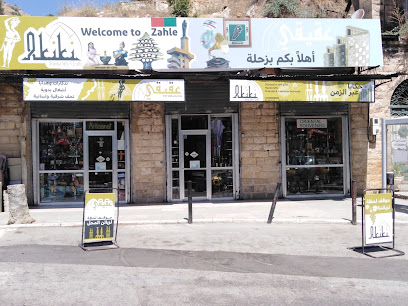
Essential bars & hidden hideouts
Castle Black
Discover the vibrant nightlife at Castle Black in Zahlé, where delicious drinks and lively ambiance await you.
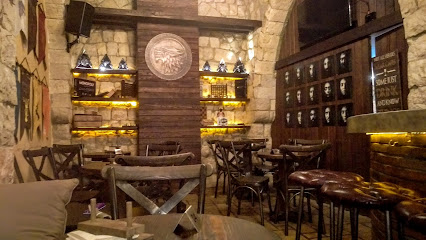
Brut Bar
Experience the best of Lebanese wines and craft drinks at Brut Bar, Zahlé's vibrant destination for relaxation and cultural immersion.
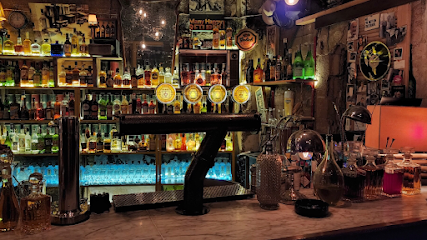
Chapter II
Experience the vibrant nightlife of Wadi El Aarayech at Chapter II, where great drinks and a lively atmosphere unite.
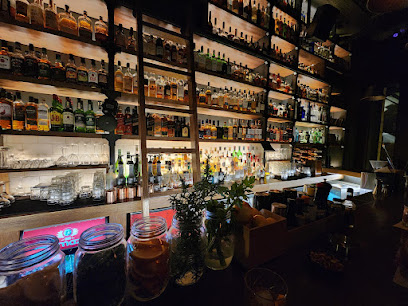
Pravda Valley Zahle
Discover the vibrant nightlife of Zahle at Pravda Valley, the ultimate cocktail bar and live music venue in Lebanon.
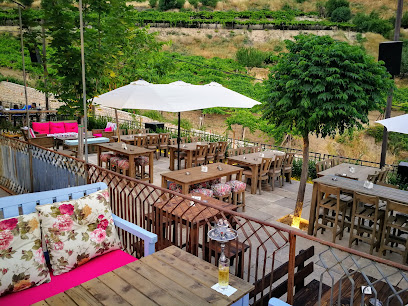
Rayme's Pub & Pizza
Discover the vibrant atmosphere of Rayme's Pub & Pizza in Ferzol, where delicious pizzas and refreshing drinks await in a lively setting.
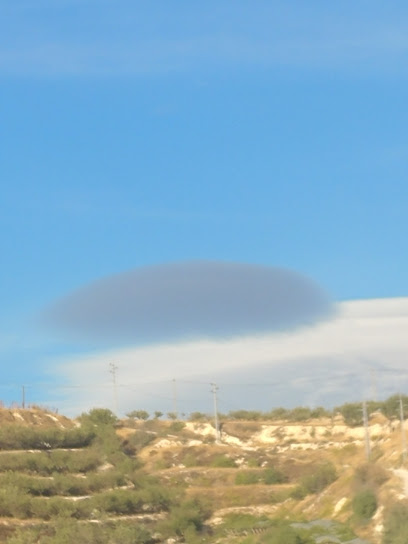
October 17 PUB
Experience the lively nightlife of Zahlé at October 17 PUB, where great drinks and live music create unforgettable moments.
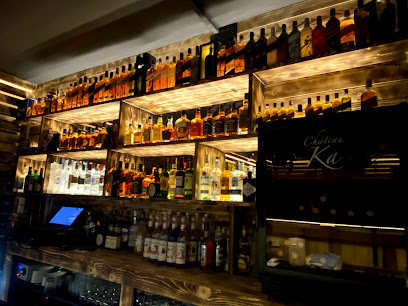
Shadi Drink
Experience the vibrant nightlife of Beirut at Shadi Drink, a lively bar offering a unique blend of local and international drinks.
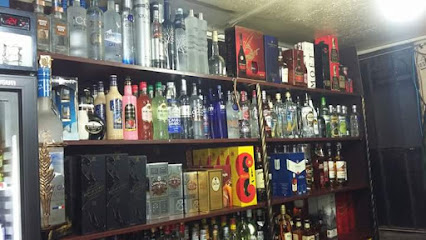
Quality pub
Discover vibrant nightlife and a friendly atmosphere at Quality Pub in Zahlé, where great drinks and fun entertainment await.
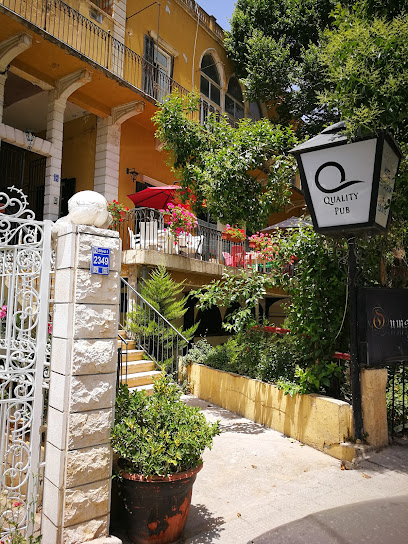
Mawal bar
Discover the lively atmosphere at Mawal Bar in Zahlé, where delightful drinks and vibrant social experiences await every visitor.
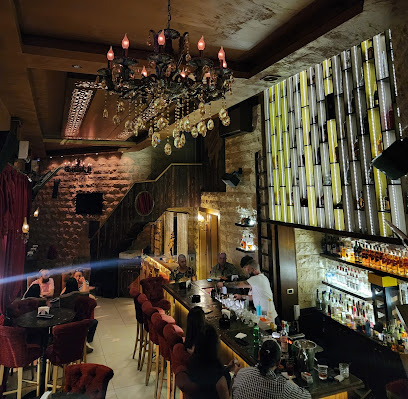
Piece
Discover Piece, a vibrant bar in Lebanon where exquisite cocktails and a lively atmosphere create unforgettable nights in the heart of nightlife.
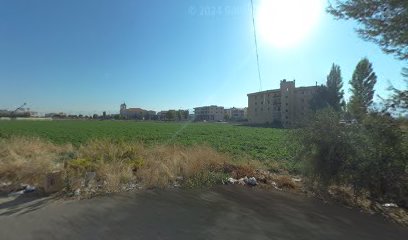
The Drunken Monk
Experience the vibrant nightlife at The Drunken Monk, Zahlé's favorite bar for a taste of local drinks and lively atmosphere.
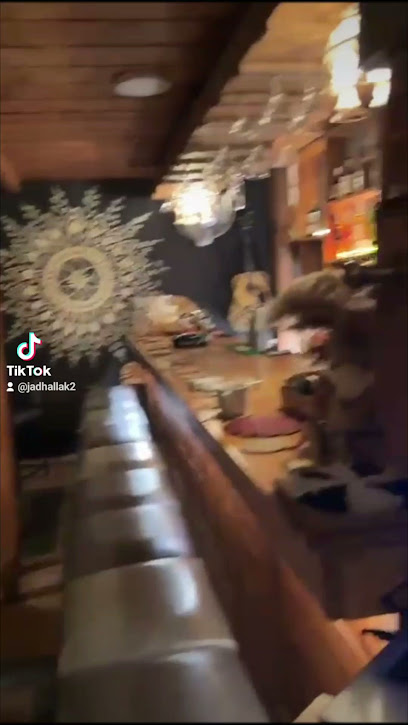
HM-Barr
Experience the vibrant nightlife at HM-Barr in Iaat, where great drinks and lively atmosphere await you.
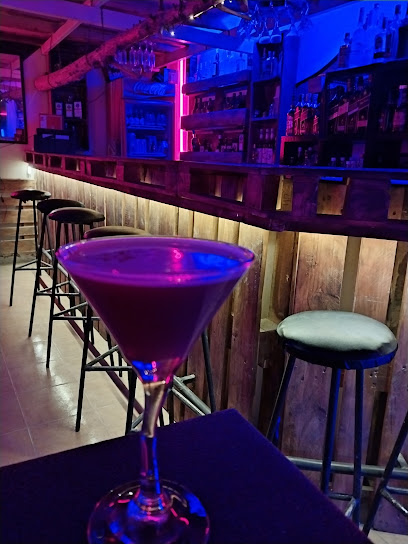
ايعات
Discover Iaat's vibrant nightlife at this premier bar, where local flavors meet an inviting atmosphere for an unforgettable experience.

Bee Karaoke & Pub
Discover the vibrant nightlife of Zahlé at Bee Karaoke & Pub, where you can sing your heart out and enjoy local drinks in a lively atmosphere.
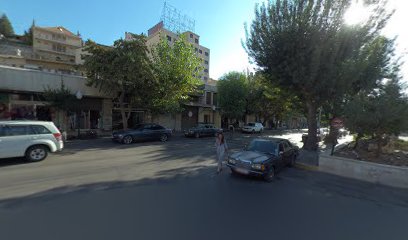
kafarshoba
Experience the vibrant nightlife at Kafarshoba, Zahlé's favorite bar for authentic drinks and a lively atmosphere.

Local Phrases about Bekaa Valley
-
- HelloMarhaba
[mar-ha-ba] - GoodbyeMa'a as-salama
[ma-a as-sa-la-ma] - YesNa'am
[na-am] - NoLa
[la] - Please/You're welcomeMin fadlak
[min fad-lak] - Thank youShukran
[shuk-ran] - Excuse me/SorryAasif
[aa-sif] - How are you?Kifak?
[ki-fak] - Fine. And you?Mni7. W inta?
[m-ni-ha. w in-ta] - Do you speak English?Bi7ki ingleezi?
[bi-h-ki in-glee-zi] - I don't understandMa fahimt
[ma fa-himt]
- HelloMarhaba
-
- I'd like to see the menu, pleaseBaddi shuf il menu, min fadlak
[ba-d-di shuf il me-nu, min fad-lak] - I don't eat meatMa bi koul lahme
[ma bi koul la-hme] - Cheers!Sahtein!
[sa-h-tain] - I would like to pay, pleaseBaddi aswe il hisab, min fadlak
[ba-d-di as-we il hi-sab, min fad-lak]
- I'd like to see the menu, pleaseBaddi shuf il menu, min fadlak
-
- Help!3awni!
[a-w-ni] - Go away!Rou7!
[rouh] - Call the Police!Dawro l dawle!
[daw-ro l daw-le] - Call a doctor!Dawro tabib!
[daw-ro ta-bib] - I'm lostGharebt
[gha-rebt] - I'm illAna marid
[a-na ma-rid]
- Help!3awni!
-
- I'd like to buy...Baddi sheri...
[ba-d-di she-ri] - I'm just lookingAna bas bshuf
[a-na bas b-shuf] - How much is it?Bi kelshi?
[bi kel-shi] - That's too expensiveHada ghali ktir
[ha-da gha-li k-tir] - Can you lower the price?Bi teshil el sene?
[bi te-shil el se-ne]
- I'd like to buy...Baddi sheri...
-
- What time is it?Shu sa3a?
[shu sa-a] - It's one o'clockSaa wahde
[sa-a wah-de] - Half past (10)Nisf el 3echra
[nisf el a-sh-ra] - MorningSaba7
[sa-ba-h] - AfternoonDuhur
[du-hur] - Evening3ashiye
[a-shi-ye] - YesterdayBare7
[ba-reh] - TodayLyom
[lu-yom] - TomorrowGhadan
[gha-dan] - 1Wa7ad
[wa-had] - 2Jou3
[jou-a] - 3Tlete
[t-le-te] - 4Arba3
[ar-ba-a] - 5Khamsa
[kham-sa] - 6Setta
[set-ta] - 7Seba3
[se-ba-a] - 8Thamania
[tha-ma-ni-a] - 9Tesa3
[te-sa-a] - 103achra
[a-sh-ra]
- What time is it?Shu sa3a?
-
- Where's a/the...?Wein fi...
[wein fi] - What's the address?Shu el 7ala?
[shu el ha-la] - Can you show me (on the map)?Bi t2odni (3al khareeta)?
[bi t-god-ni 3al kha-ree-ta] - When's the next (bus)?Wen el bus el taali?
[wen el bus el ta-li] - A ticket (to ....)Talab billet (ila ...)
[talab bil-let ila]
- Where's a/the...?Wein fi...
History of Bekaa Valley
-
Bekaa Valley, a lush and fertile stretch of land between the Lebanon and Anti-Lebanon mountain ranges, has been a cradle of civilization since ancient times. Archaeological evidence suggests that the valley has been inhabited since the Neolithic period. It was an essential part of the ancient Phoenician civilization, which thrived in the region around 1200 BCE. The valley's rich soil made it an agricultural hub, producing grains, wine, and olives that were traded across the Mediterranean.
-
During the Roman era, Bekaa Valley became a significant cultural and religious center. One of the most remarkable remnants from this period is the Temple of Bacchus in Baalbek, constructed around 150 AD. This temple is among the best-preserved and grandest Roman temple ruins in the world. The Romans named Baalbek 'Heliopolis,' or the City of the Sun, and it became a focal point for worship and pilgrimage. The monumental architecture of Baalbek, including the nearby Temple of Jupiter, reflects the valley's historical importance.
-
The Bekaa Valley came under Ottoman rule in the early 16th century, introducing new dynamics to its cultural and agricultural landscape. The Ottomans built caravanserais and khans to facilitate trade and travel. The valley continued to serve as a breadbasket for the region, supplying grains and other agricultural products. Ottoman-era architecture, including mosques and fortified homes, can still be seen in various towns and villages throughout the valley.
-
In the 20th century, the Bekaa Valley experienced significant turmoil due to its strategic location. It played a crucial role during the Lebanese Civil War (1975-1990), serving as a base for various factions. The valley also witnessed conflicts involving Syrian and Israeli forces. Despite these challenges, the people of Bekaa have shown remarkable resilience. Today, the valley is known for its vibrant agricultural industry, particularly its vineyards and wineries, which produce some of Lebanon's finest wines.
-
Bekaa Valley is a melting pot of cultures and religions. It is home to a diverse population including Lebanese Christians, Muslims (both Sunni and Shia), and Druze. This rich tapestry of communities contributes to the valley's unique cultural heritage. Local festivals, traditional crafts, and culinary delights offer visitors a glimpse into the valley's vibrant and multifaceted identity. The annual Baalbek International Festival, held in the ruins of the ancient Roman temples, is a testament to the valley's enduring cultural significance.
-
Agriculture has always been the backbone of Bekaa Valley's economy. The valley's fertile soil and favorable climate make it ideal for growing a variety of crops. It is particularly famous for its vineyards, which produce grapes for both local consumption and export. The Bekaa Valley's wines have gained international acclaim, with many wineries offering tours and tastings. In addition to grapes, the valley produces wheat, barley, vegetables, and other fruits, sustaining local communities and contributing to Lebanon's agricultural output.
Bekaa Valley Essentials
-
Bekaa Valley is located in eastern Lebanon. The nearest international airport is Beirut-Rafic Hariri International Airport, approximately 85 kilometers away. From Beirut, you can rent a car, take a taxi, or use a private shuttle service to reach Bekaa Valley. The drive typically takes around 1.5 to 2 hours via the Beirut-Damascus Highway.
-
Once in Bekaa Valley, transportation options include rental cars, taxis, and local buses. Rental cars provide the most flexibility for exploring the region at your own pace. Taxis are available in most towns and cities, but it's advisable to agree on a fare before starting your journey. Public buses connect major towns, but services may be infrequent. For shorter distances, shared taxis (service) are a common and cost-effective option.
-
The official currency in Lebanon is the Lebanese Pound (LBP), though US Dollars (USD) are widely accepted. Credit cards are accepted in many hotels, restaurants, and shops, but it's advisable to carry cash, especially in smaller establishments and rural areas. ATMs are available throughout Bekaa Valley, but ensure you have sufficient cash for remote areas.
-
Bekaa Valley is generally safe for tourists, but standard precautions are recommended. Avoid walking alone at night in unfamiliar areas and keep an eye on your belongings in crowded places. Be cautious in areas near the Syrian border due to occasional security concerns. Stick to well-known tourist areas and consult local advice for current safety conditions.
-
In case of emergency, dial 112 for immediate assistance. Bekaa Valley has local police stations and medical facilities in major towns. It is recommended to have travel insurance that covers medical emergencies. For minor health issues, pharmacies are available where you can purchase over-the-counter medications.
-
Fashion: Do dress modestly, especially when visiting religious sites. Avoid wearing revealing clothing. Religion: Do respect local customs and traditions. Always cover your head when entering mosques and religious sites. Public Transport: Do be respectful and give up your seat to elderly passengers. Don't eat or drink on public transport. Greetings: Do greet people with a handshake. A smile and a friendly 'Marhaba' (hello) are also appreciated. Eating & Drinking: Do try local delicacies and accept food offerings graciously. Don't refuse hospitality, as it is considered impolite.
-
To experience Bekaa Valley like a local, visit the local markets where you can buy fresh produce and traditional Lebanese goods. Engage with locals, as they are often friendly and willing to share stories about the area's history and culture. Don't miss visiting the ancient ruins of Baalbek, a UNESCO World Heritage Site. For a unique experience, try the local wine at one of the many vineyards in the valley.
Trending Landmarks in Bekaa Valley
Nearby Cities to Bekaa Valley
-
Things To Do in Zahle
-
Things To Do in Bcharre
-
Things To Do in Anjar
-
Things To Do in Jounieh
-
Things To Do in Byblos
-
Things To Do in Broummana
-
Things To Do in Batroun
-
Things To Do in Aley
-
Things To Do in Beirut
-
Things To Do in Rashaya
-
Things To Do in Deir el Qamar
-
Things To Do in Sidon
-
Things To Do in Marjayoun
-
Things To Do in Tyre
-
Things To Do in Safed











